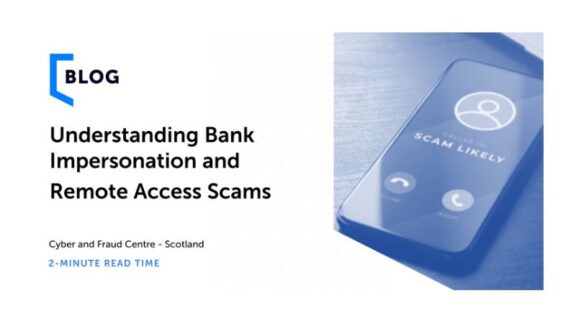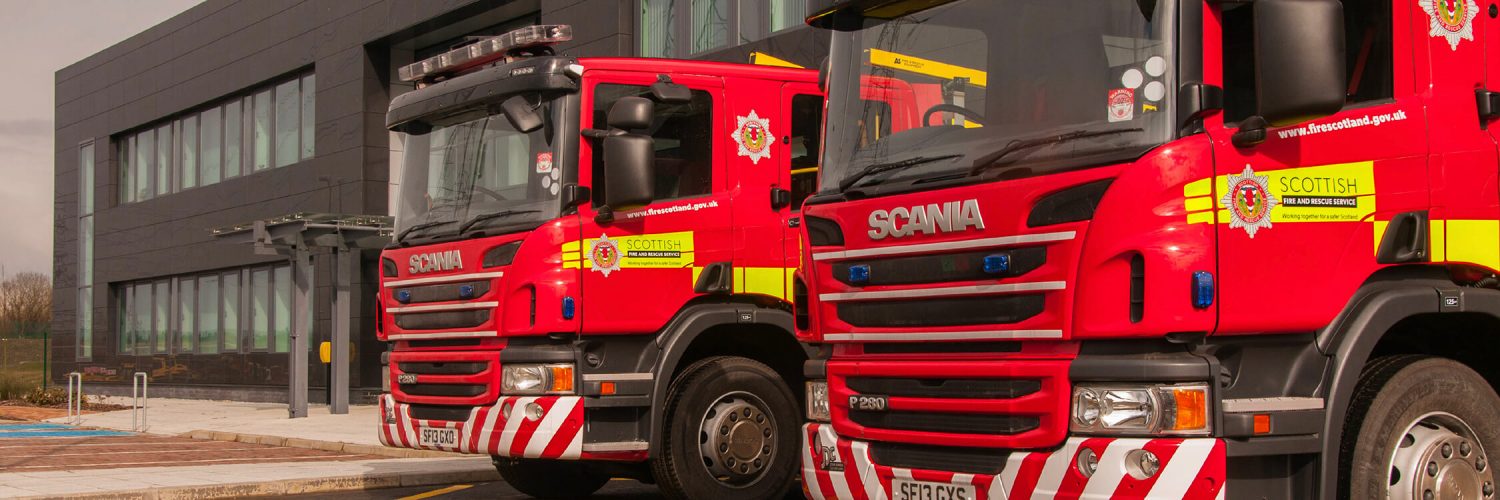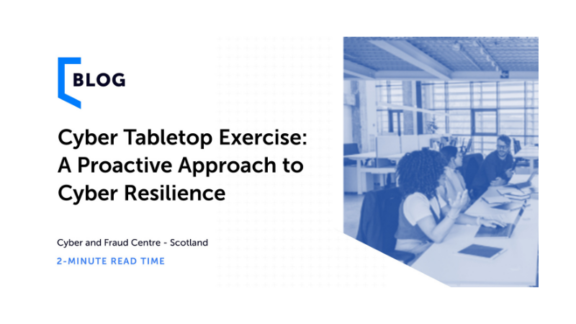Watch Commander Gary Wood, Scottish Fire and Rescue Service seconded officer to SBRC, highlights guidance and advice recently shared by the NFCC – National Fire Chiefs Council and Electrical Safety First on electrical safety within the home.
Electrical Safety First have found that many people working from home may be overloading sockets as well as daisy chaining extension leads and charging laptops and mobile devices inappropriately.
During this challenging period, a large number of the population are working remotely from home. For many people this may be the first time they have had to do this, and it could potentially be presenting challenges to them in terms of organising their work space in their own home.
Worrying statistics
Electrical Safety First have conducted research into this and have established the following concerning statistics:
· More than two thirds of those currently working from home are using extension leads or adapters with laptops and mobile devices
· 38% of these have more appliances plugged in than they normally would have
· 1 in 3 people are unaware of the risks involving overloading sockets and extensions
· 44% of people are ‘daisy-chaining’ these extension leads together
Another issue identified by Electrical Safety First is more than half of the people surveyed say they often charge their laptops or mobile devices on a bed.
This can increase fire risk due to the potential of the devices overheating. Under no circumstances should you charge a laptop or mobile device on a bed or similar surface.
These devices should be charged on a hard, flat and non-flammable surface and should not be left unattended or to charge overnight.
I would recommend the following advice from NFCC and Electrical Safety First to reduce your home working fire risk:
· Don’t charge electrical items on beds. Always charge on a hard, flat, non-flammable surface. Avoid overloading sockets and extension leads, use the Electrical Safety First online socket calculator to check
· Keep your workstation tidy. Many may be working in a small workspace and it’s important to keep your hot and cold drinks away from electrical items
· Be mindful of cables, they can present a trip hazard to you and others in your home
· Do not ‘daisy chain’ extension leads. If your cable doesn’t reach don’t plug it into another adaptor. Move your workspace closer to the socket or use a longer lead
· Be mindful at lunchtime. With many of us cooking lunch at home for the time being it’s important not to get distracted by emails or work calls that may result in the hob being left on, unattended
· Ensure you have working smoke alarms within the home and test them weekly
Reduce the risk in your work space
Fire does not discriminate – it can occur at anytime, anywhere including under times of crisis such as we are currently experiencing. You may not be used to working from home but following a few simple guidelines, it can help you reduce the risk of fire to you and your family.
People are now having to adapt their daily routines to fit in working from home into their domestic lives. This advice is all focused on not only keeping you safer, but mitigating the potential of a fire occurring which could put undue pressure on our emergency services at this time.
Read the NFCC advice on their website here and use the free Electrical Safety First Online Socket Calculator here.
For further fire safety advice online visit the Scottish Fire and Rescue Service website and the SFRS Twitter page.




